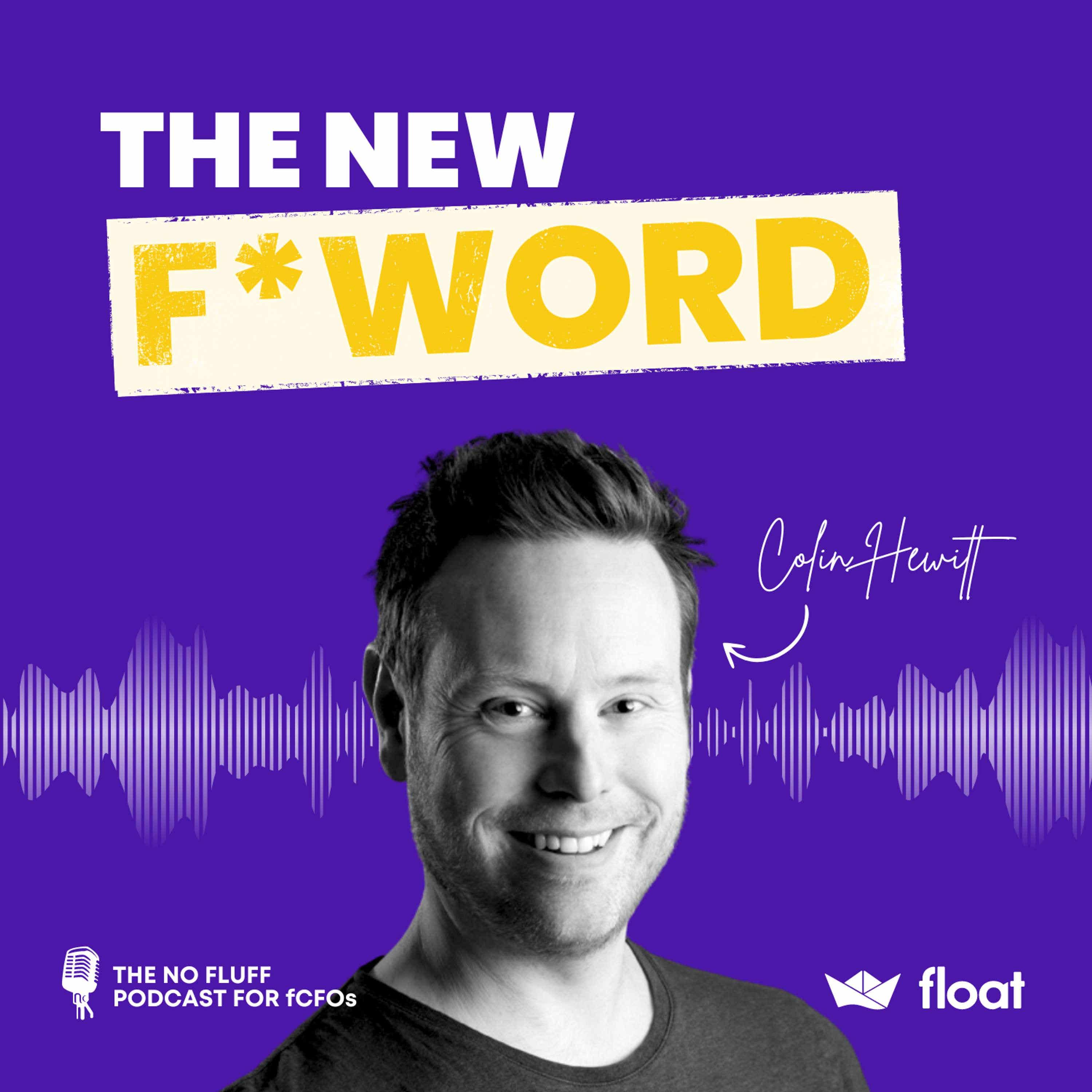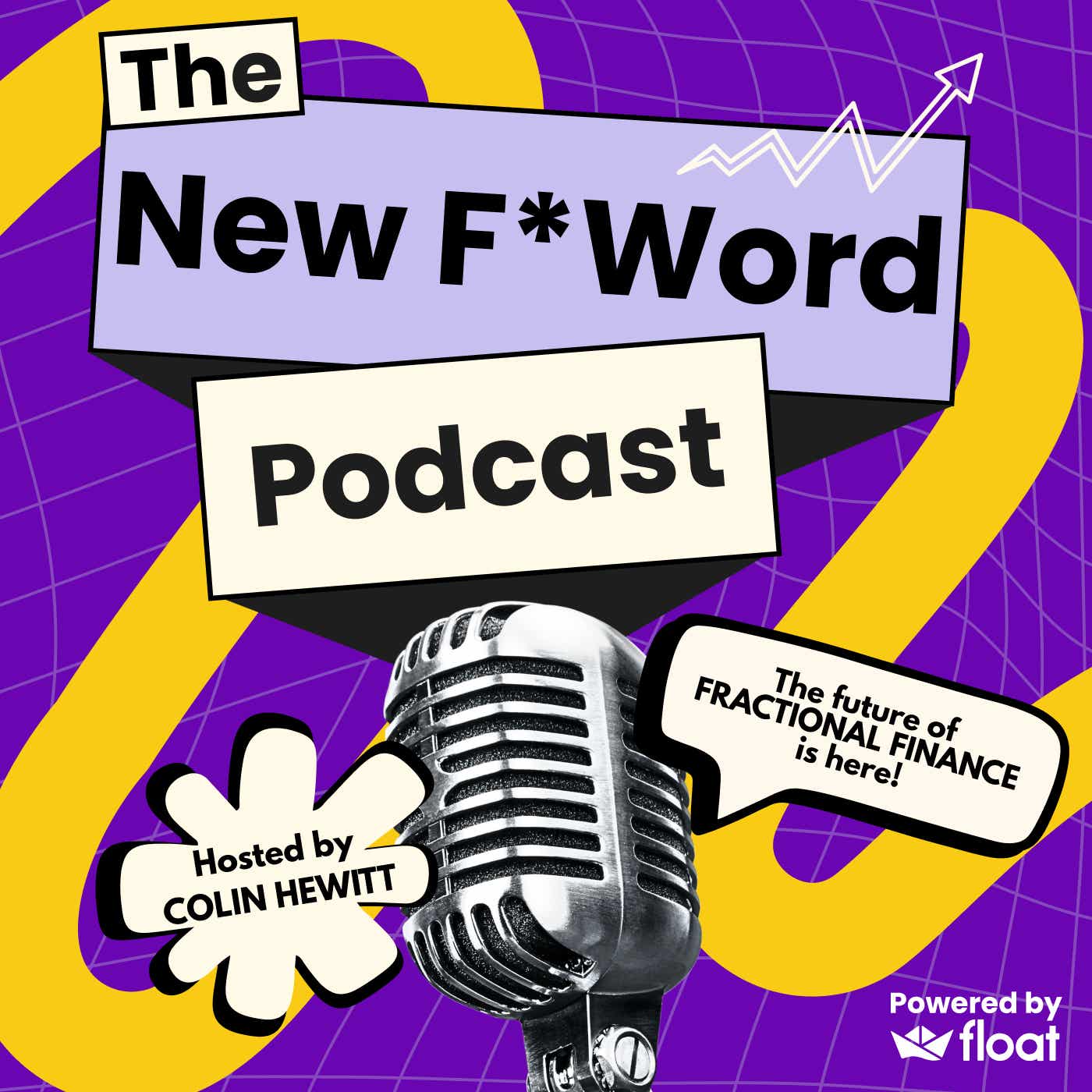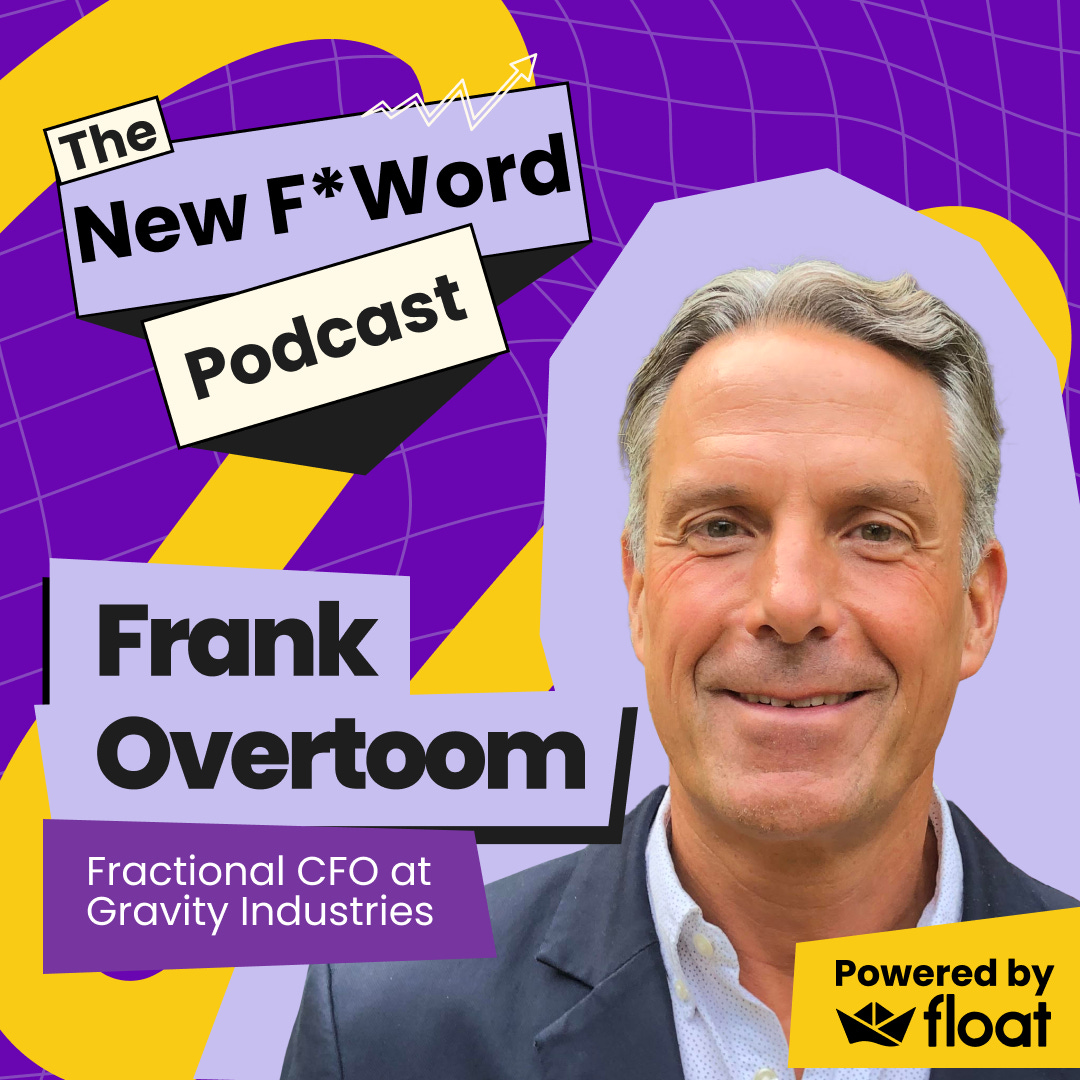The New F*Word

The New F*Word
Podcast Description
Welcome to The New F*word – where we dig into the rising impact of Fractional CFOs (yes, that F-word 😉), how they're shaping the future of business finance, and why it matters for you.
Our aim? To challenge the outdated approach of old-school financial reporting and get you moving with a forward-thinking mindset.
In each episode, we chat with finance pros and leaders who’ve “been through the mud” to share actionable insights, real stories, and the tools you need to look ahead and grow.
I'm Colin Hewitt, your host and co-founder of Float (Cash Flow Forecasting). I'll also be sharing insights I wish I’d known as a young entrepreneur.
Tune in to The New F*word to discover what makes a real difference to your bottom line – and keep you ahead of the game. newfword.substack.com
Podcast Insights
Content Themes
The podcast covers themes centered on fractional finance, financial leadership, and business growth strategies. Episodes typically discuss topics such as fundraising strategies, cash flow management, leveraging financial expertise, and the transition from traditional finance roles to fractional positions, illustrated with examples like the impact of fractional CFOs on startups and the importance of financial transparency.

Welcome to The New F*word – the podcast exploring the rise of Fractional CFOs (yes, that F-word 😉) and how they’re reshaping cash flow, financial strategy, and business growth.*
We challenge outdated financial reporting and focus on forward-thinking, modern finance strategies that drive real results.
Each episode features finance pros, business leaders, and Fractional CFOs sharing practical insights, real-world stories, and actionable tools to help you improve cash flow, make smarter financial decisions, and scale your business.
I’m Colin Hewitt, your host and co-founder of Float (Cash Flow Forecasting). I’ll also share lessons I wish I’d known as a young entrepreneur navigating finance and cash flow.
👉 Tune in to The New F*Word and learn how to take control of your cash flow, optimise financial strategy, and stay ahead in business.*
In this episode of The New F*Word, host Colin Hewitt is joined by Frank Overtoom, a seasoned commercial finance leader with experience across industries, continents, and high-pressure environments. Together, they explore what it really takes to lead financial strategy when decisions carry weight, how the role of the fractional CFO continues to evolve, and how working internationally has shaped Frank’s approach to modern financial leadership.
What You’ll Learn:
* What financial leadership looks like in high-stress environments
* How the role of the fractional CFO has changed in recent years
* Why judgement and perspective matter as much as technical finance skills
* How international experience shapes modern leadership approaches
* What businesses should expect when bringing in senior financial leadership
* How experienced CFOs stay effective across different industries and stages
Frank Overtoom is a multi-lingual, board-level commercial finance leader with experience across technology, retail, pharmaceuticals, and consumer goods. He has lived and worked internationally and is known for leading financial strategy in complex, high-pressure environments. Frank currently works as a fractional CFO across a portfolio of businesses, supporting leadership teams with strategic clarity, commercial judgement, and calm decision-making as they navigate growth and change.
This is a public episode. If you would like to discuss this with other subscribers or get access to bonus episodes, visit newfword.substack.com

Disclaimer
This podcast’s information is provided for general reference and was obtained from publicly accessible sources. The Podcast Collaborative neither produces nor verifies the content, accuracy, or suitability of this podcast. Views and opinions belong solely to the podcast creators and guests.
For a complete disclaimer, please see our Full Disclaimer on the archive page. The Podcast Collaborative bears no responsibility for the podcast’s themes, language, or overall content. Listener discretion is advised. Read our Terms of Use and Privacy Policy for more details.